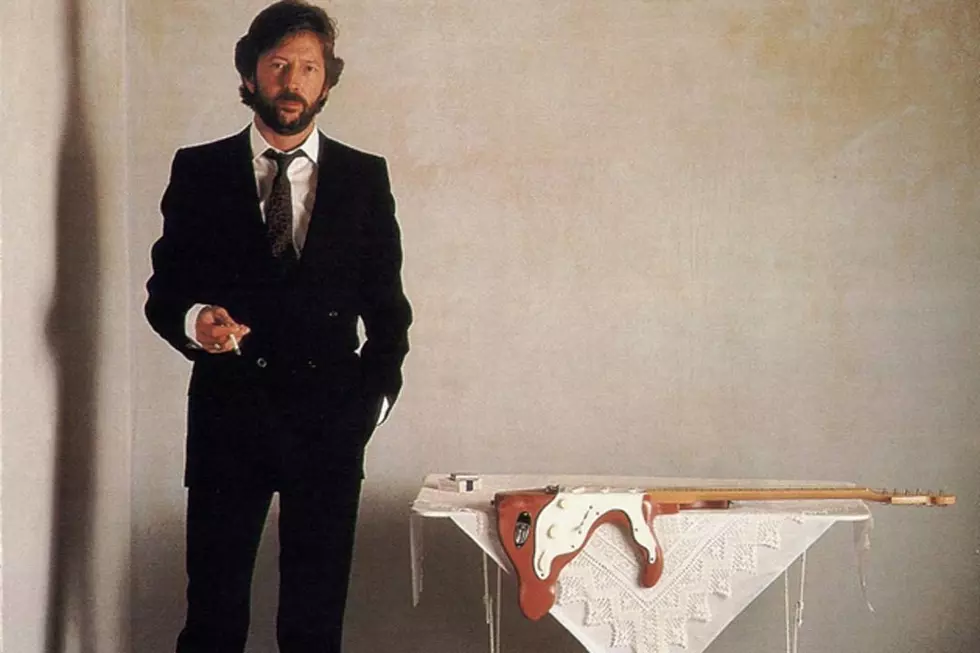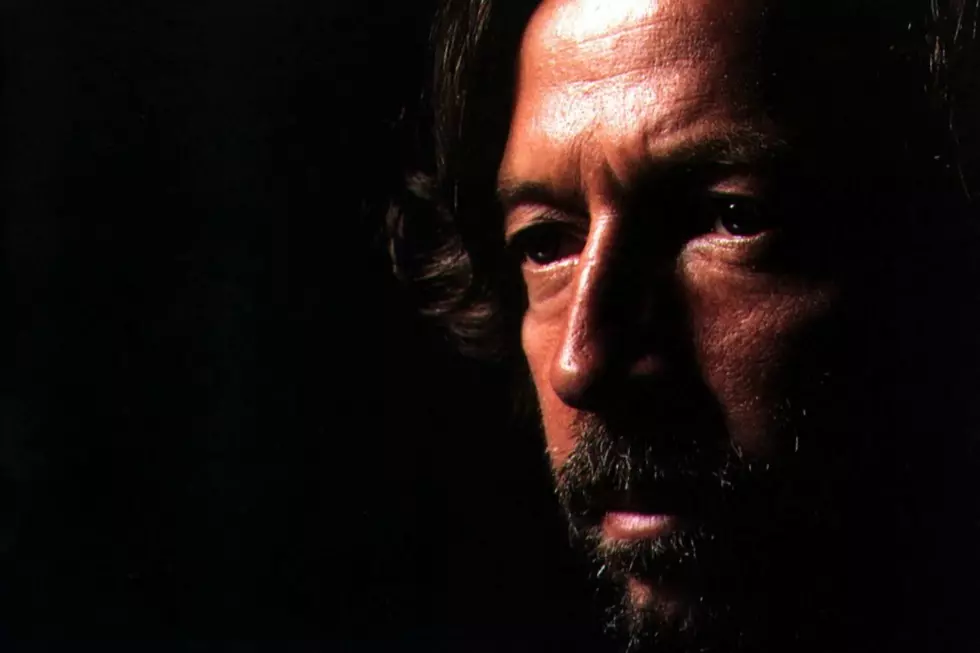
When Eric Clapton Finally Got Clean on ‘Money and Cigarettes’
Having just emerged from rehab for alcoholism, Eric Clapton says he named Money and Cigarettes – which was released in February 1983 – after "all I saw myself having left."
The album boasts a minor hit in "I've Got a Rock 'n' Roll Heart," which peaked at No. 18 on the pop chart in the U.S., but it nevertheless became the first Clapton album to fall short of gold-selling status in six years. Money and Cigarettes didn't even reach the Top 50 in his native England.
Blame the flimsy pop pretensions of that lead-off single, or the times the LP reverts to Clapton's often too low-key '70s-era craftsmanship. Still, Money and Cigarettes ultimately illustrated that he had a few other things left: There were flinty reminders of Clapton's legacy of blending deep blues with rock music, not to mention some of the last rootsy sides he'd attempt before making a critically ill-fated turn toward more mainstream commercial sounds with Behind the Sun and August in the mid-'80s.
Prior to these sessions, Clapton had split with all but two members of his previous working group, keeping Albert Lee and Chris Stainton while adding Ry Cooder and sessions aces Donald "Duck" Dunn and Roger Hawkins. Cooder makes his presence immediately known, as Clapton opens with a saucy cover of Sleepy John Estes' "Everybody Oughta Make a Change." The two then boogie their way through the bluntly honest Clapton original "The Shape You're In," which seems to confront those around him who hadn't yet admitted to their own personal demons. Later, "Slow Down Linda" expands upon the same theme, revealing a raw, scarred figure.
The rest of the album, alas, doesn't necessarily aspire to the same greatness, so much as convey smaller, likable, but not as consistently memorable musical ideas. "Pretty Girl," for instance, might be described as a less interesting version of the already slight "Wonderful Tonight." Clapton, as he had on Backless and Slowhand, often mistook laid-back gentility with easy-going bromides.
Throughout, though, he hadn't played the guitar – Clapton's principal claim to fame, then as now – with as much clarity and force since Layla and Other Assorted Love Songs. A cover of "Crosscut Saw," the old hit for Albert King, is the grooviest thing we'd heard from him in perhaps at least that long. "Ain't Going Down," meanwhile, might have suffered from the album's general lack of ambition, too – it's really just a rewrite of fellow '60s guitar god Jimi Hendrix's take on "All Along The Watchtower" – but that doesn't stop it from making a valiant attempt at out Domino-ing Clapton's legendary work with Duane Allman in Derek and the Dominos.
Knowing what we know now about what's coming next (Michelob commercials, Phil Collins, so on), these are no small things.
15 Famous Acts Who Released Only One Album
See Eric Clapton’s Guitar Hero Yearbook Picture
More From Ultimate Classic Rock









